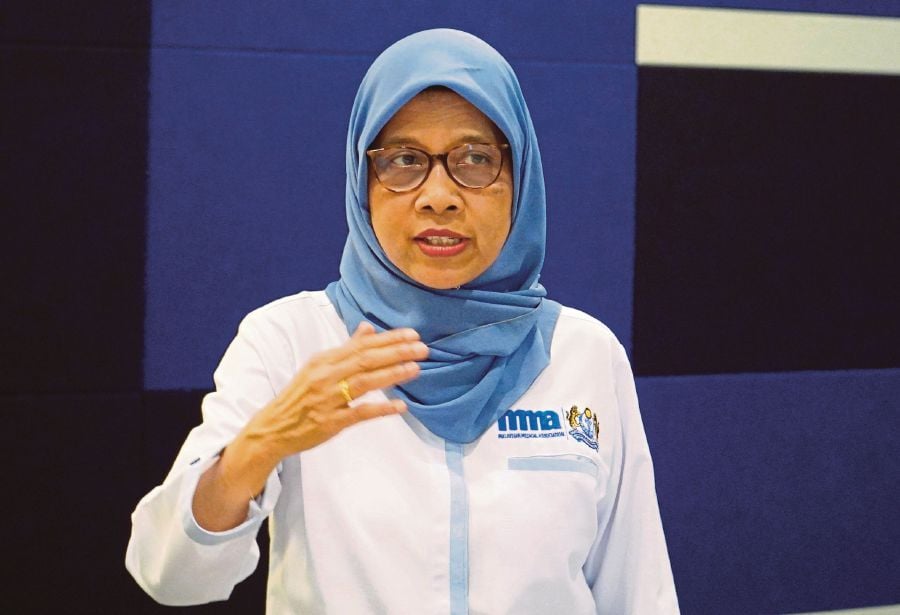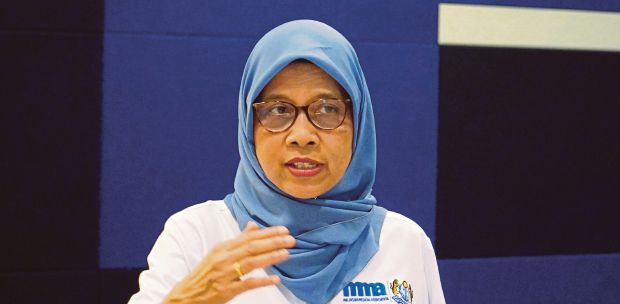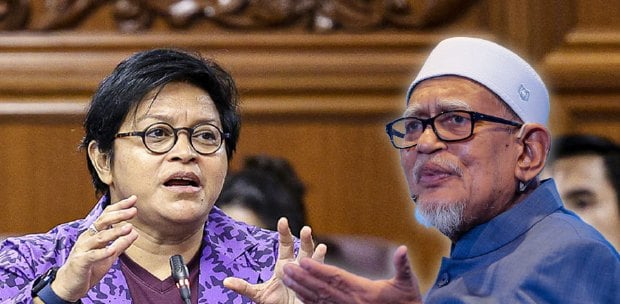KUALA LUMPUR: The Malaysian Medical Association (MMA) has called on the government to halt the Drug Dependants (Treatment and Rehabilitaton) (Amendment) Bill 2024, and hold proper engagements with stakeholders first.
"The Malaysian Medical Association (MMA) expresses deep concern over the Drug Dependants (Treatment and Rehabilitaton) (Amendment) Bill 2024 which appears to lack expert guidance and input," said MMA president Dr Azizan Abdul Aziz in a statement today.
Dr Azizan highlighted Section 6(2) of the bill as a case in point. The section stipulates that when a drug or substance dependent individual appears before a Magistrate, the Magistrate, upon the recommendation of a Rehabilitation Officer and after allowing the individual to present their case, may:
-Order the individual to undergo two years of treatment and rehabilitation at a specified Rehabilitation Centre, followed by an additional two years under community supervision at a designated location, or
-Direct the individual to undergo two years of treatment and rehabilitation in the community under the supervision of a Rehabilitation Officer at a specified place.
Dr Azizan said that substance dependence is a medical and health condition, and required assessment by doctors.
"Rehabilitation Officers are not doctors and are therefore not qualified to provide expert recommendations on the management of substance dependants," she said.
She added that a magistrate must obtain a recommendation from a doctor (one with specialised training) before determining the period for treatment and rehabilitation.
The Act's definition of 'dependence' is also troubling, said Dr Azizan.
"The Act loosely defines dependence as 'menjejaskan kawalan kendiri or 'impairing self-control' which is incorrect.
"The accepted definition of substance dependence should come from the Diagnostic and Statistical Manual of Mental Disorders, Fifth Edition (DSM-5), where there are 11 criteria," she said.
She added that drug use disorder under the DSM is defined as a problematic pattern of drug use leading to distress or functional impairment.
"Criteria include unsuccessful attempts to cut down or control use, spending excessive time acquiring or using drugs, craving, neglecting responsibilities, and continued use despite social or personal consequences. Tolerance and withdrawal symptoms may develop," she said.
Dr Azizan said that the causes of substance dependence are rooted in biological, psychological, and social factors.
"It requires extensive assessment through taking a detailed and targeted history, clinical examination, before doing blood/urine tests. Most doctors have to undergo specialised training for this. The question we need to ask is are officers and volunteers from Agensi Anti Dadah Kebangsaan (AADK) trained in this area?," she said.
Substance dependence must be treated by psychiatrists or psychologists with specialised training, she added.
"In view of these many concerns including concerns highlighted by many other experts, we urge the government to halt the bill until proper engagements are held with stakeholders. We wish to state that the Home Ministry had not consulted MMA with regards to the bill," she said.





